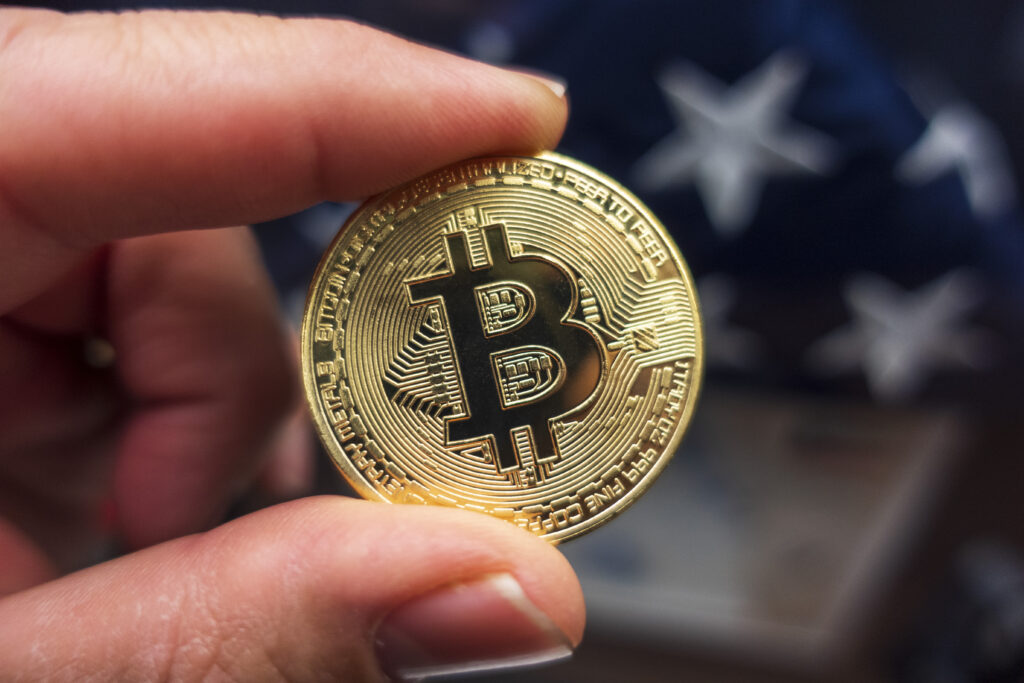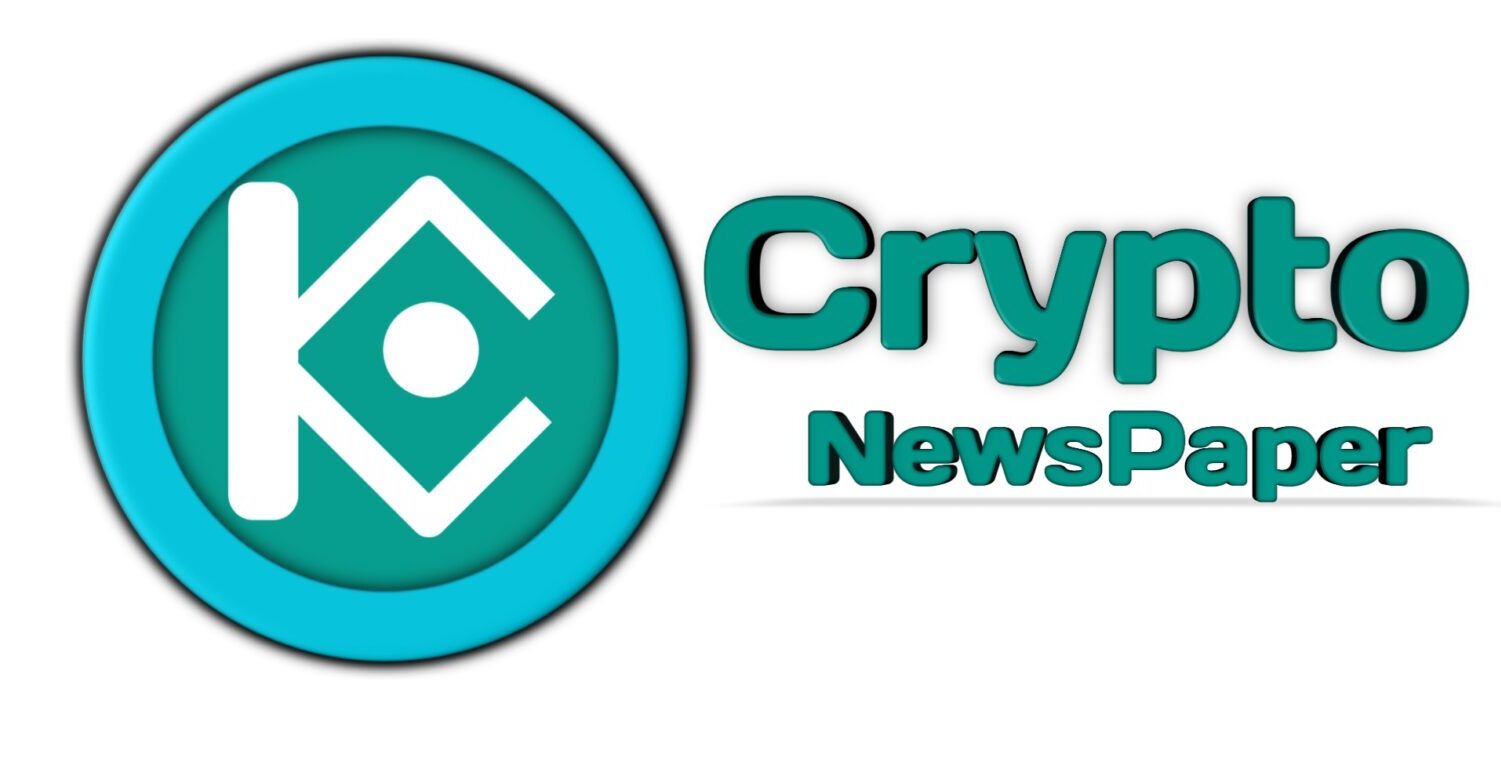
Understanding DeFi
Decentralized Finance, commonly known as DeFi, represents a paradigm shift in the financial landscape. Unlike traditional finance, DeFi operates on blockchain technology, aiming to democratize financial services and eliminate intermediaries. Through smart contracts, DeFi platforms enable peer-to-peer transactions, lending, borrowing, and trading of digital assets. This innovative approach fosters financial inclusion by providing access to banking services for the unbanked and underbanked populations worldwide.
DeFi’s decentralized nature offers transparency and security, as transactions are recorded on a public ledger, ensuring immutability and reducing the risk of fraud. By removing centralized authorities, DeFi promotes autonomy and empowers individuals to have full control over their assets, disrupting the traditional banking system.
The Growth Trajectory of DeFi
In recent years, DeFi has experienced exponential growth, with the total value locked (TVL) in DeFi protocols surpassing billions of dollars. This surge in popularity can be attributed to the rising demand for decentralized solutions, fueled by concerns over privacy, censorship, and financial sovereignty. The proliferation of DeFi applications, ranging from decentralized exchanges (DEXs) to lending platforms, reflects the expanding ecosystem and its potential to redefine the future of finance.
Moreover, the interoperability of DeFi protocols allows for seamless integration and innovation, paving the way for cross-chain functionalities and broader adoption. As the infrastructure supporting DeFi continues to evolve, with advancements in scalability and user experience, its mainstream acceptance becomes increasingly imminent.
Defi Use Cases
DeFi offers a plethora of use cases, catering to diverse financial needs and preferences. One of the primary applications of DeFi is decentralized lending and borrowing, where users can collateralize their assets to obtain loans without intermediaries. This facilitates access to credit for individuals and businesses worldwide, bypassing traditional banking hurdles and enabling financial inclusion.
Another prominent use case is decentralized exchanges (DEXs), which allow users to trade digital assets directly, without relying on centralized exchanges. DEXs offer enhanced security and privacy, as users retain custody of their funds throughout the trading process, mitigating the risk of hacks and thefts associated with centralized platforms.
Challenges and Opportunities
Despite its transformative potential, DeFi faces several challenges, including scalability limitations, regulatory uncertainties, and security vulnerabilities. Scalability remains a pressing issue, as the growing demand for DeFi services strains existing blockchain networks, leading to congestion and high transaction fees.
Moreover, regulatory compliance poses a significant hurdle, as policymakers grapple with the novel complexities of decentralized finance. Clarifying regulatory frameworks and fostering dialogue between regulators and DeFi stakeholders are crucial steps toward achieving regulatory clarity and fostering industry growth.
The Role of Governance in DeFi
Governance mechanisms play a pivotal role in shaping the trajectory of DeFi platforms, as they determine protocol upgrades, fee structures, and risk management strategies. Decentralized autonomous organizations (DAOs) empower users to participate in governance decisions, allowing for community-driven consensus and transparent decision-making processes.
However, governance in DeFi is not without challenges, as ensuring broad participation and preventing governance capture require robust mechanisms and incentives. Additionally, the evolving nature of DeFi governance calls for continuous experimentation and adaptation to address emerging complexities and maintain platform integrity.
The Future of Decentralized Finance
Looking ahead, the future of DeFi appears promising, with continued innovation and adoption driving its evolution. As scalability solutions such as layer 2 protocols and sharding technologies mature, DeFi platforms will become more efficient and accessible, accommodating growing user demand and expanding use cases.
Furthermore, advancements in interoperability and cross-chain compatibility will enable seamless asset transfers and liquidity aggregation across multiple blockchain networks, fostering greater composability and efficiency within the DeFi ecosystem. This interoperability will also facilitate the integration of traditional financial instruments and assets into DeFi protocols, bridging the gap between decentralized and centralized finance.
Risks and Security Considerations
While DeFi offers numerous benefits, it also poses inherent risks and security considerations. Smart contract vulnerabilities, such as coding errors and exploits, can result in substantial financial losses for users and undermine trust in DeFi platforms. Therefore, conducting thorough audits and implementing robust security measures are imperative to mitigate these risks and safeguard user funds.
Moreover, the nascent nature of DeFi exposes it to regulatory and compliance risks, as authorities grapple with its implications for investor protection and financial stability. Collaborative efforts between industry stakeholders, regulators, and policymakers are essential to address these concerns and foster a regulatory framework that balances innovation with consumer protection.
DeFi and Financial Inclusion
One of the most significant promises of DeFi is its potential to promote financial inclusion by providing access to financial services for underserved populations worldwide. By leveraging blockchain technology and eliminating traditional barriers to entry, DeFi enables individuals without access to traditional banking infrastructure to participate in global financial markets, manage their assets, and access credit facilities.
Furthermore, DeFi’s permissionless nature empowers individuals to control their financial destinies, free from the constraints of centralized intermediaries. This newfound autonomy not only fosters economic empowerment but also fosters resilience in the face of economic volatility and geopolitical uncertainties.
DeFi and Sustainable Finance
In addition to fostering financial inclusion, DeFi has the potential to promote sustainable finance by facilitating transparent and accountable investment practices. Through decentralized lending and crowdfunding platforms, DeFi enables the direct financing of environmentally friendly projects and initiatives, bypassing traditional financial intermediaries.
Moreover, the transparency and immutability of blockchain technology enhance the traceability of funds, enabling stakeholders to monitor the impact of their investments and hold projects accountable for their sustainability commitments. As sustainability concerns continue to gain traction in the global financial landscape, DeFi presents an opportunity to align financial incentives with environmental and social objectives.
Conclusion: Embracing the Future of Finance
Decentralized Finance represents a paradigm shift in the financial industry, offering unprecedented opportunities for innovation, inclusion, and sustainability. By harnessing the power of blockchain technology and eliminating centralized intermediaries, DeFi empowers individuals to take control of their financial futures and participate in a more open and transparent financial ecosystem.
However, realizing the full potential of DeFi requires addressing various challenges, including scalability, regulatory compliance, and security vulnerabilities. Collaborative efforts between industry stakeholders, regulators, and policymakers are essential to foster a regulatory framework that promotes innovation while safeguarding consumer interests.


3 Comments
Thanks for sharing. I read many of your blog posts, cool, your blog is very good.
I don’t think the title of your article matches the content lol. Just kidding, mainly because I had some doubts after reading the article.
I enjoyed the humor in this piece! For more, visit: FIND OUT MORE. Let’s chat about it!